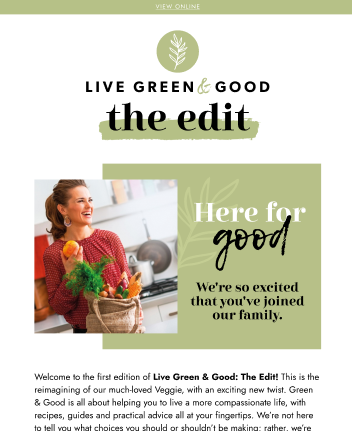You’d be forgiven for assuming that all wines are vegan. After all, they’re just made with grapes, right? Unfortunately not. But luckily, there are plenty of vegan options out there today, and with our guide, you’ll easily be able to find one that suits your palate.
Cruelty Free Beauty
- 4 signs you have low iron levels
- Zero Waste Beauty: Adopt a green routine with these sustainable products
- This eco-friendly beauty box is packed with refillable multi-taskers
- “I find myself using it even when I don’t need to!”
- Arctic-inspired natural skincare brand launches in the UK
- Green People launches beauty balm packaged in 100% biodegradable pot
- Lush launches same-day delivery service for its iconic handmade cosmetics
- “This cruelty-free tanning water gave me the confidence boost I needed”
- rho launches sustainable loungewear that gives back
- Rose & Caramel Raises Awareness For Women’s Self-Esteem & Mental Health With ‘I TAN FOR ME’ Campaign
- Couple launches entirely plant-based and refillable deodorant on Kickstarter
- View all
Eco Living
- Simple Hacks to Cut Your Food Waste with Gino D’Acampo
- Five Easy Ways to Reduce Food Waste
- Eat these foods to boost your mood
- Upgrade Your Cheese Toastie
- Have a healthy Christmas with these festive food swaps
- Omega-3 Health Benefits
- 5 minutes with Max La Manna
- A nutritionist’s guide to eating for healthy joints
- Easy ways to achieve your health goals
- Discover the benefits of raisins on a vegetarian diet
- Improve your gut health with California Raisins
- View all
Vegan Recipes
- Quorn Vegan Hot & Spicy Burger with Pink Slaw
- Tomato and Pumpkin Soup
- Pea and elderflower cocktail
- Matcha Coconut Ice Cream
- Vegan Lemon Bars
- Mango Salad with Thai Dressing
- Garden Gimlet
- Tofu & Green Beans Teriyaki
- Cornflakes Bombay
- Rainbow Pickle
- Soba noodles with kale and collards
- View all
Popular recipes
- Spinach and ricotta quiche vegetarian recipe
- Cheats mushroom and spinach lasagne vegetarian recipe
- Lentil bolognese vegetarian recipe
- Creamy mushroom stroganoff vegetarian recipe
- Malaysian Rendang curry vegetarian recipe
- Feta, Butternut Squash, Caramelised Onion and Cashew Nut Wellingtons
News
- Couple launches entirely plant-based and refillable deodorant on Kickstarter
- Green Cleaning Company Bio-D Signs Up To Plastic Pact
- Sainsbury’s opens low alcohol pub in London
- Sustainable beauty brand launches refillable hand sanitiser dispenser
- This new vegan pie is all about sharing
- Zero-waste beauty brand Ethique launches UK website
- Omega-3 Health Benefits
- Plastic-free coffee capsules added to Milk & More delivery service
- TROPIC BECOMES THE FIRST BRAND IN EUROPE TO RECEIVE A PROTECT LAND + SEA CERTIFICATION
- Jimmy’s Oat Flat White: it’s vegan, it’s iced and it’s a total winner
- Aldi Has Launched Its First Vegan Skincare Range
- View all
The vegan’s guide to wine
Unsure what makes wine vegan-friendly? We’re here to help…

Why aren’t wines vegan?
Well, some are. First of all, it’s important to note the way that wine is produced. Essentially, grapes are crushed and converted, with a bit of help from yeast, into alcohol. However, after fermentation, a wine will contain minute particles that make it cloudy. There are several ways that winemakers can handle this. The wine could be left for a long time, allowing the particles to settle on their own; winemakers could sell their drink as it is, encouraging us to see past the cloudiness; or the wine can be clarified using a process called fining. Unfortunately for vegans, the latter option is the most popular – and it traditionally involves animal by-products.
Ben Revell, founder of exclusive online wine club winebuyers.com, explains: “Fining agents, made from animal products such as gelatin or egg whites (better known as albumen), are used to help remove tiny molecules of proteins, yeast and other organic particles in young wines. This process also helps the wine taste less bitter, and makes it visibly clearer.”

Other fining agents include casein (a milk protein), as well as isinglass – a gelatin made from fish bladder membranes. Many argue that as these fining agents simply sift out unwanted particles and are then removed, technically there will be no non-vegan matter remaining in the finished product. So how strict you want to be is up to you. Fortunately though, there are plenty of lovely veggie and vegan wines on the market today.
How to choose a vegan wine
“Thanks to the growth of veganism, as well as vegan restaurants, vegan wines have risen in popularity,” Ben says. “To accommodate this trend, many vineyards and producers have adapted their winemaking process to offer a greater choice in wines for those choosing a plant-based lifestyle.”
Vegan wines replace animal-based finers with a form of clay known as bentonite, or with vegetable-based products such as pea protein. That said, while many vegan food products are clearly labelled today, unfortunately this isn’t the case with wine, with some vegan wines not being labelled as such, and vice versa. If you’re unsure, it’s best to contact the winemaker, or simply stick to drinks that are clearly labelled.
6 vegan wines to try
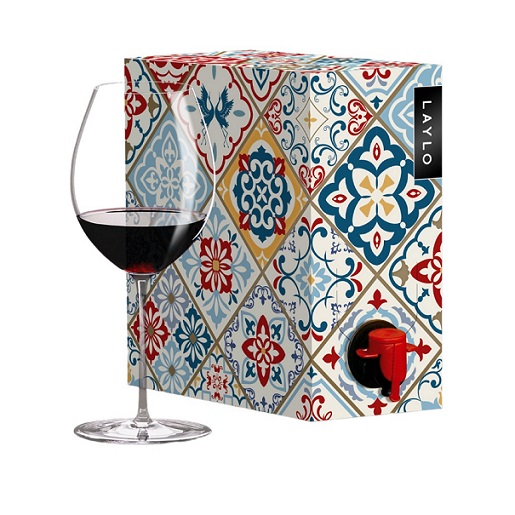
Lot #1: Tempranillo, £34.99 for 2.25L box, drinklaylo.com
These premium boxes of wine not only look pretty, they’re sustainable and taste great. The delicious, fruity Tempranillo is housed in a box, which generates 90% less carbon than the equivalent wine in glass bottles. Ideal for people who don’t drink too often, the wine stays fresh for six weeks after opening.
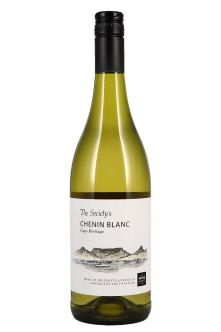
The Society’s Chenin Blanc Stellenbosch, £7.50, thewinesociety.com
Exclusively made for The Wine Society by the Grier family at Villiera Estate from their own sustainably farmed old bush vines, this white wine features a wonderful depth and depth with a fruity, fresh flavour.
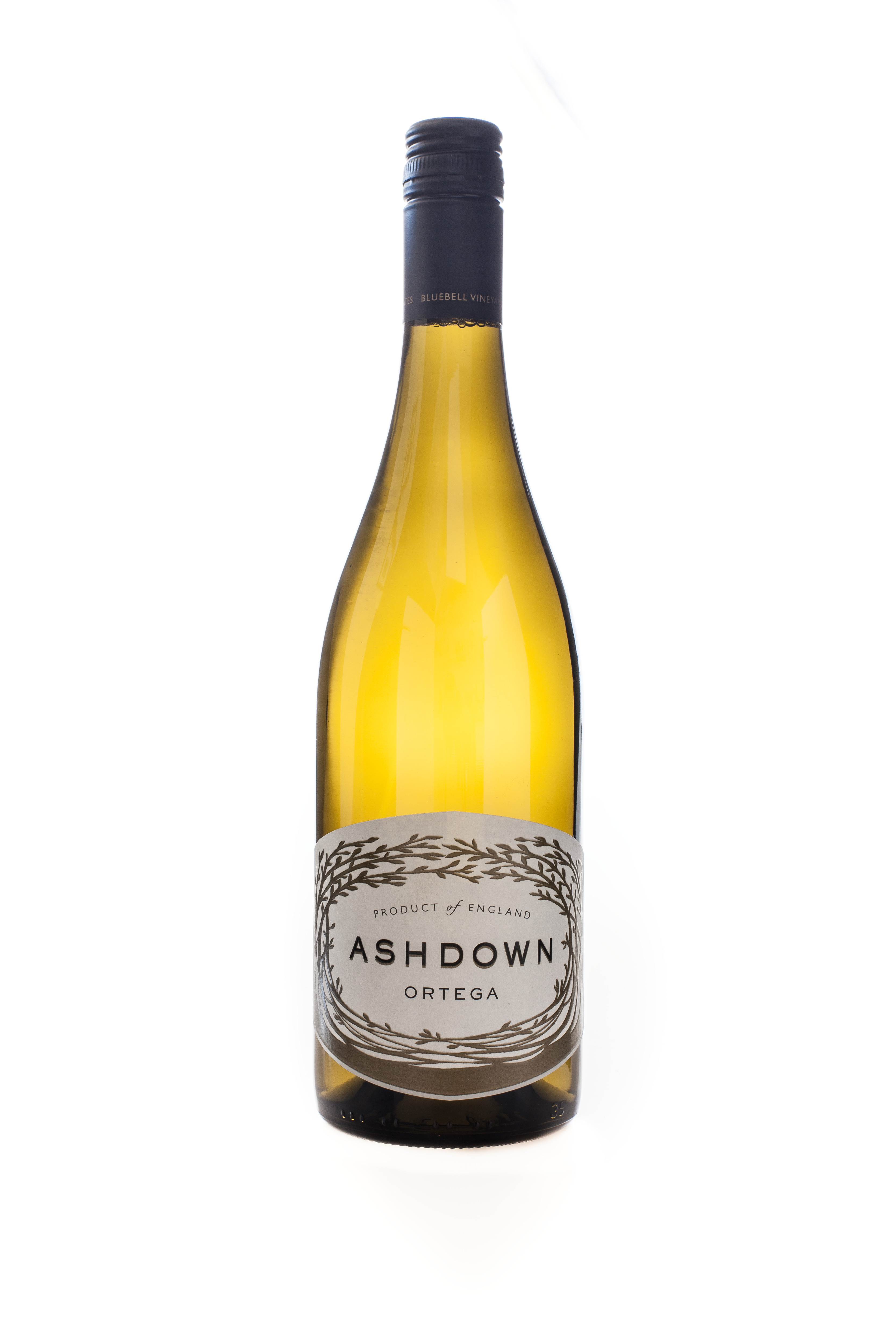
Bluebell Vineyard Estates Ashdown Ortega 2018, £14.95, winebuyers.com
Made with early-ripening Ortega grapes, this complex drink is great for those who love drier wine. The English drink is aged in French oak barrels for a rich and buttery finish with notes of peach, plum and apple.
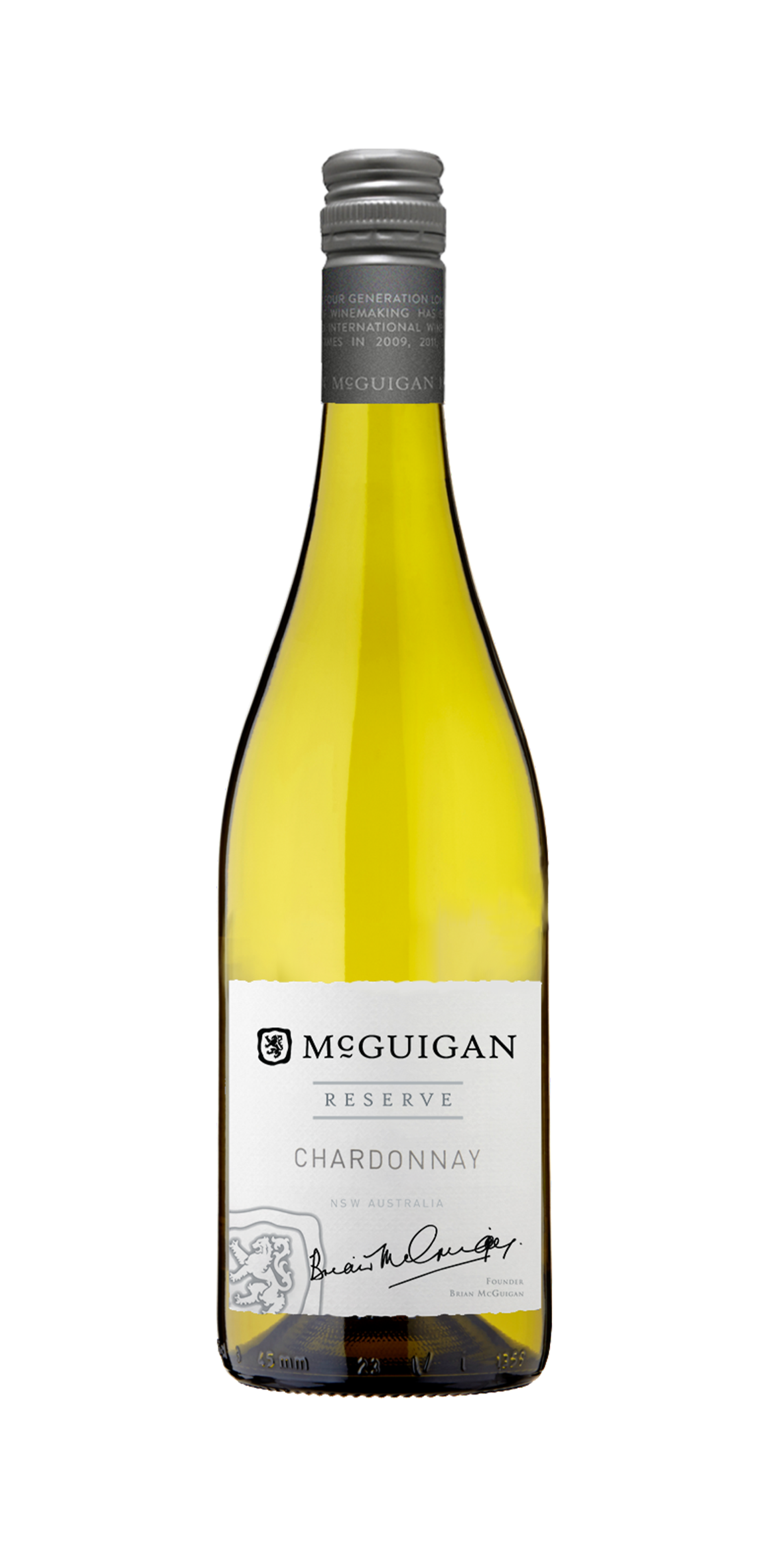
McGuigan Reserve Chardonnay, £7.50, Sainsbury’s
Australian brand McGuigan Wines features a vegan reserve range. We love the smooth, buttery taste of the Chardonnay, which isn’t too cloying. The fruity wine leaves a distinct citrus taste.
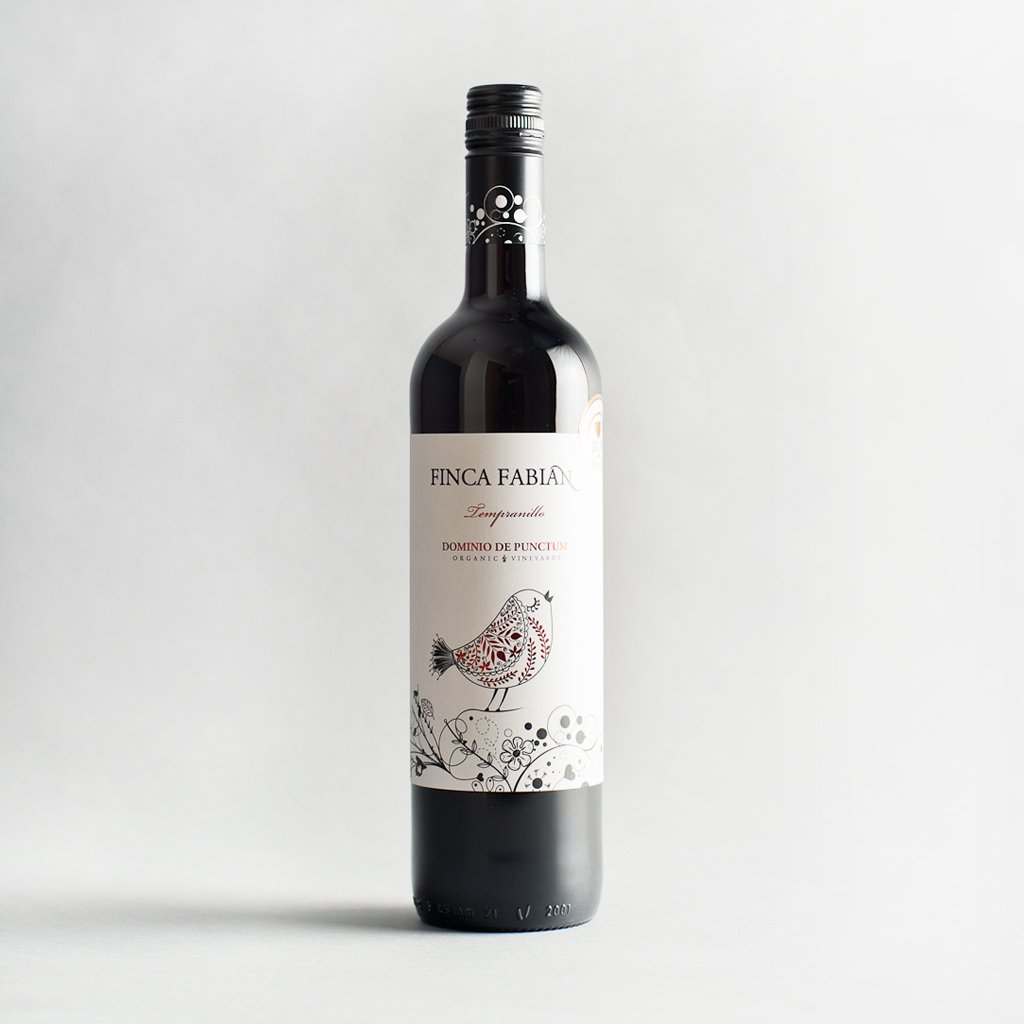
Finca Fabian Tempranillo, £7.95, riverford.co.uk
Cherry is the overriding flavour of this organic red wine. Medium-bodied and well-balanced, it pairs beautifully with a vegan moussaka.

Louis Jadot Mâcon Blanc Villages, £13.25, Tesco
Perfect for winter, this lovely Chardonnay perfectly complements a bowl of butternut squash soup. The crisp apple notes really stand out for a fresh and slightly creamy finish.
More from Vegetarian blog
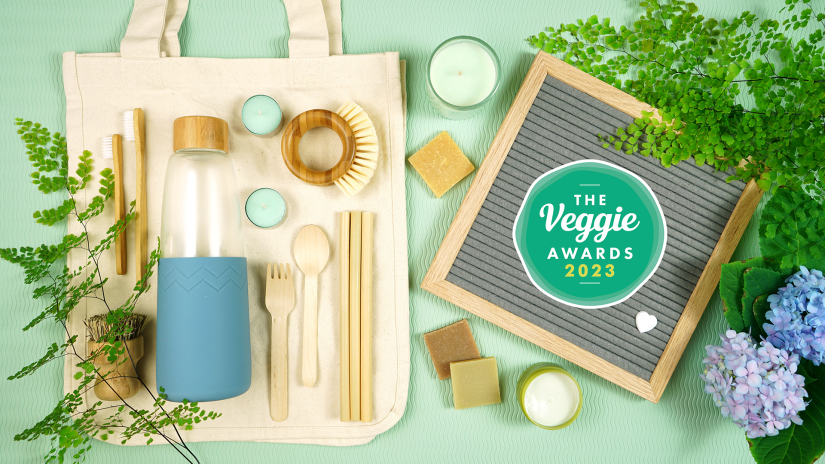
The Veggie Awards 2023 are open – and we have a new judging process this year
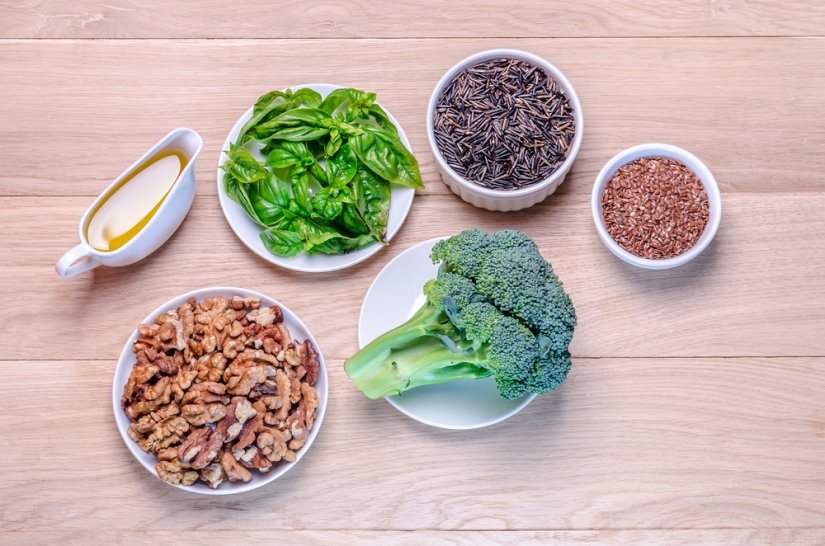
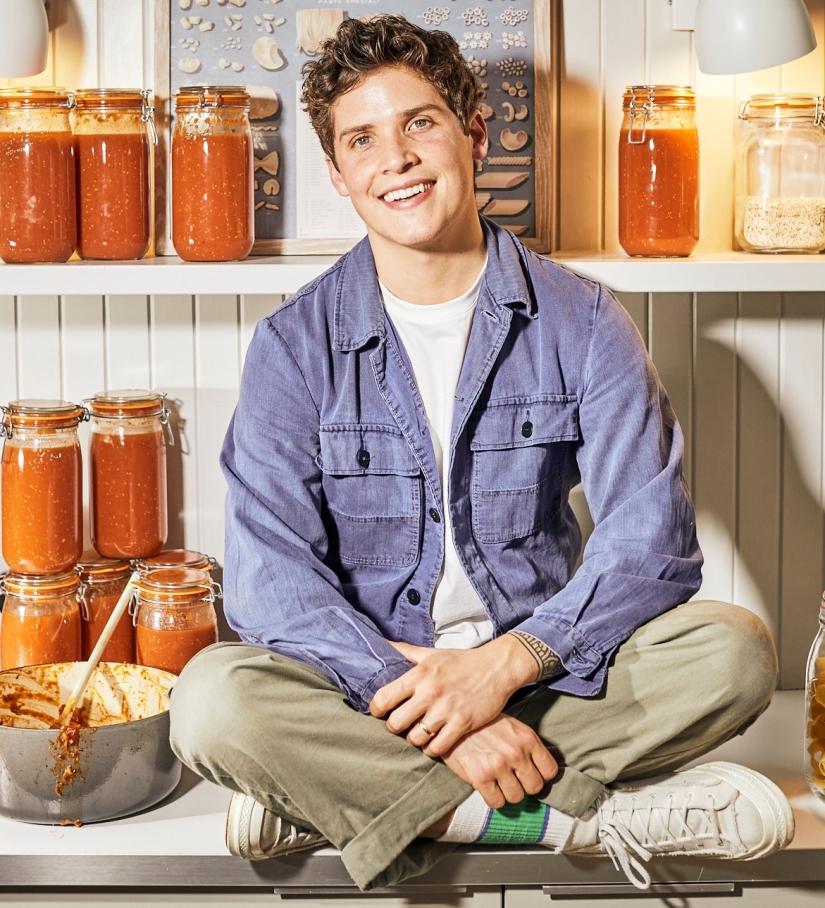
The well-known low-waste food chef tells us more about why eating sustainably is so important

Nutritionist reveals the effects of low iron levels on your appearance…

Longing for a summer adventure, or at least sunnier climes? Visiting new destinations not only helps to support the tourism economy, it’s also great for our health and happiness




